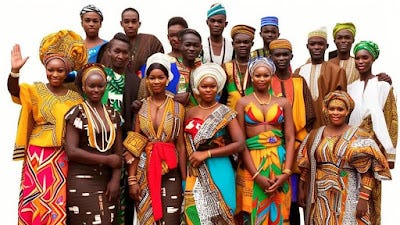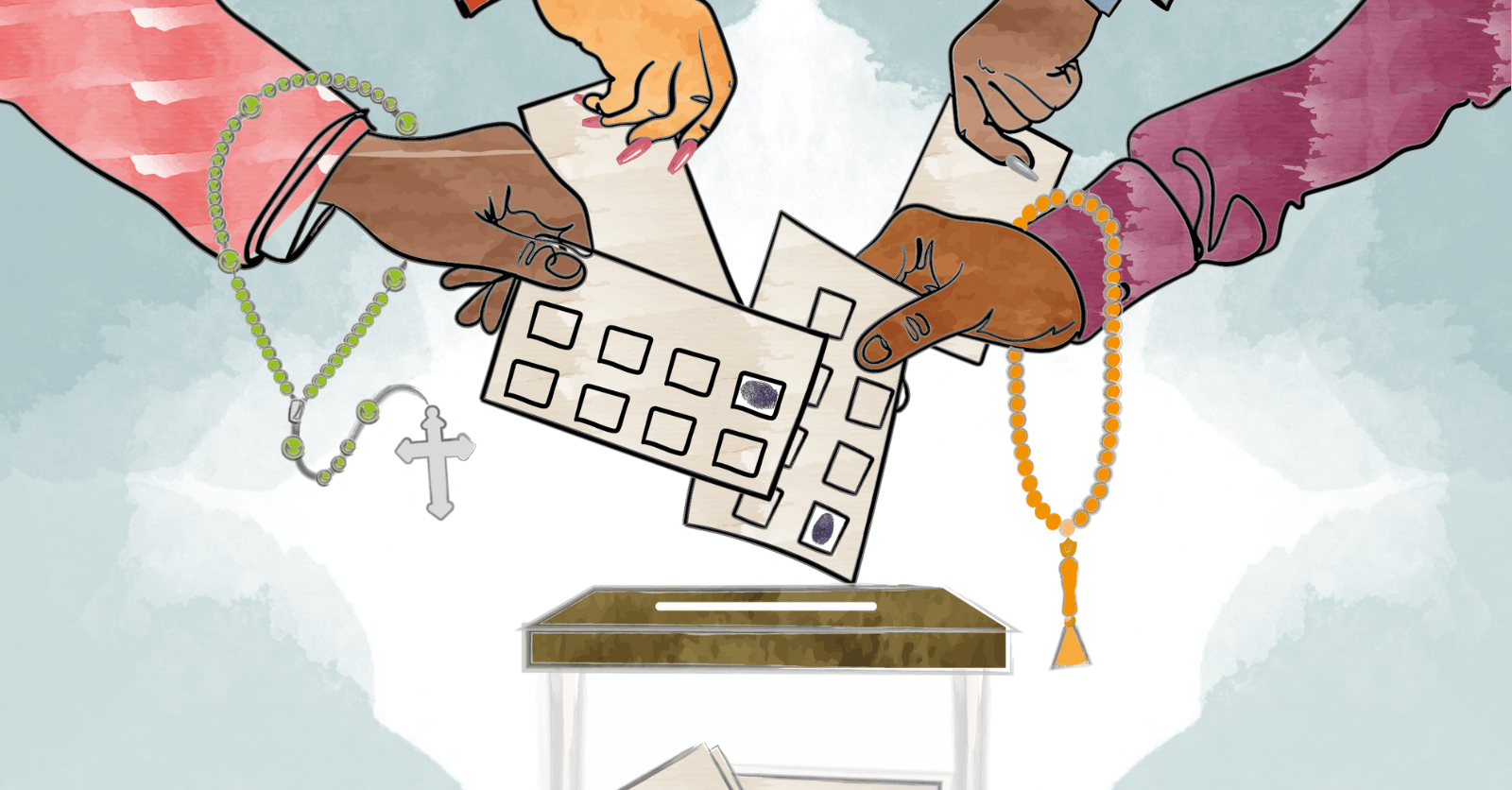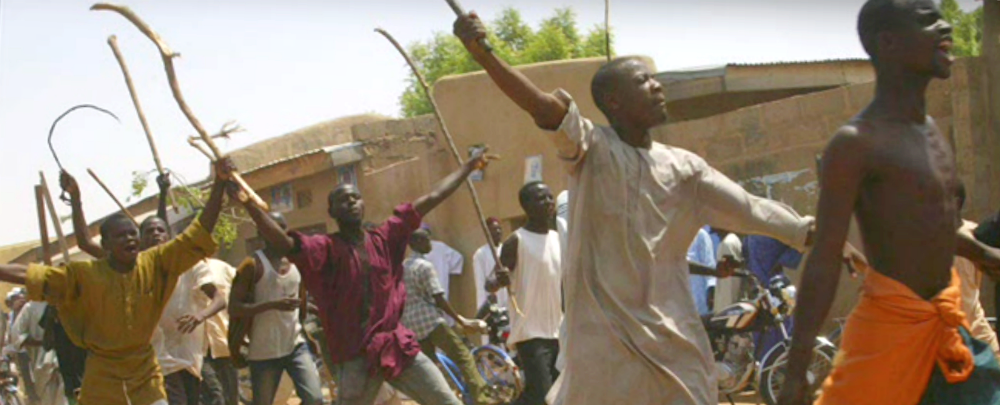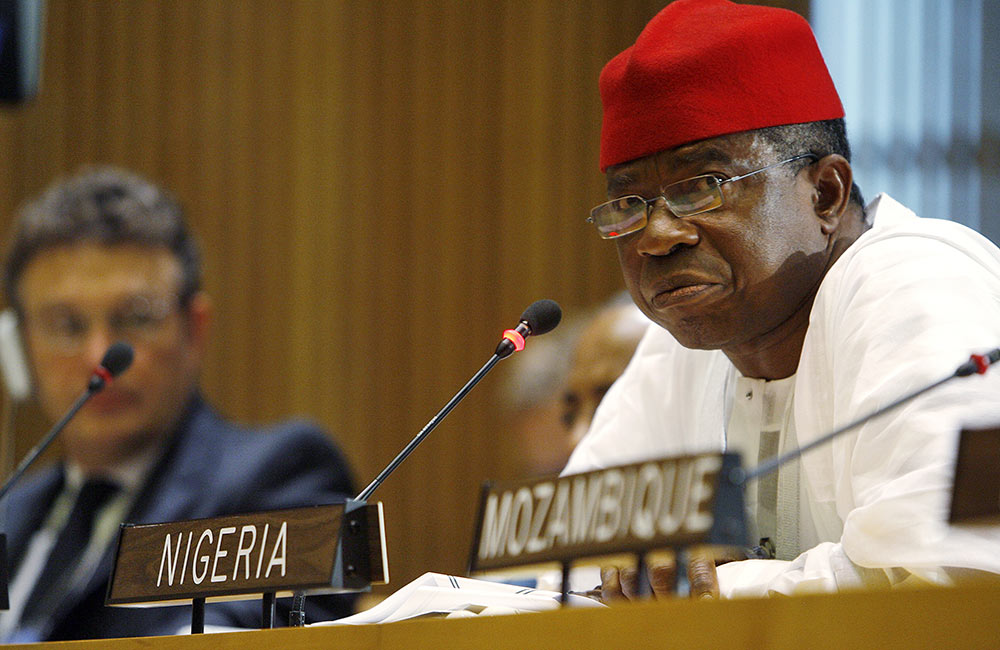The Impact of Ethnic and Religious Diversity in Nigerian Society
Origin of Ethnic and Religious Diversity in Nigerian Society
 The ethnic and religious diversity in Nigeria has deep historical roots, shaped by centuries of interactions, migrations, and cultural exchanges. Understanding this complexity requires delving into Nigeria's pre-colonial, colonial, and post-colonial history.
The ethnic and religious diversity in Nigeria has deep historical roots, shaped by centuries of interactions, migrations, and cultural exchanges. Understanding this complexity requires delving into Nigeria's pre-colonial, colonial, and post-colonial history.
Pre-Colonial Era
Nigeria's pre-colonial history was marked by the emergence of various ethnic groups with distinct languages, cultures, and religions. These groups inhabited different regions across what is now modern-day Nigeria. Major ethnic groups such as the Hausa-Fulani in the north, Yoruba in the southwest, Igbo in the southeast, and numerous smaller ethnic groups across the country developed unique socio-political systems, economies, and belief systems. Pre-colonial Nigeria was characterized by diverse political structures, including centralized kingdoms (such as the Benin Kingdom in the southwest and the Sokoto Caliphate in the north), decentralized societies with egalitarian systems, and city-states.
Pre-colonial Nigeria was characterized by diverse political structures, including centralized kingdoms (such as the Benin Kingdom in the southwest and the Sokoto Caliphate in the north), decentralized societies with egalitarian systems, and city-states.
Traditional religions, such as Yoruba mythology and Igbo Odinani, were prevalent among many ethnic groups. Islam was introduced to Nigeria as early as the 11th century through trans-Saharan trade routes, particularly in the northern regions. Christianity arrived later, with Portuguese explorers in the 15th century and gained significant traction through missionary activities during the colonial period.
Colonial Era
Nigeria's encounter with colonialism, particularly under British rule, significantly impacted its ethnic and religious landscape. The British colonial administration employed indirect rule, which allowed for the retention of traditional authorities in the north but disrupted existing power structures in the south. Colonial policies often exploited existing ethnic and religious divisions to maintain control. For instance, the British favored Muslim leaders in the north, exacerbating tensions between the predominantly Muslim north and the predominantly Christian south.
Colonial policies often exploited existing ethnic and religious divisions to maintain control. For instance, the British favored Muslim leaders in the north, exacerbating tensions between the predominantly Muslim north and the predominantly Christian south.
The colonial period saw a rapid expansion of Christian missionary activities, particularly in the south. This led to the conversion of many indigenous peoples to Christianity and contributed to the religious diversity of the country.
Post-Colonial Era

Nigeria gained independence from British rule in 1960, but the legacies of colonialism continued to shape its ethnic and religious dynamics.
Ethnic and religious tensions were often manipulated by political elites competing for power and resources. This led to cycles of violence and political instability, including the Nigerian Civil War (1967-1970), also known as the Biafran War, which was fought along ethnic and religious lines.
The discovery of oil in Nigeria's Niger Delta region further exacerbated tensions over resource allocation. Competition for control of oil revenues among different ethnic groups and regions fueled ethno-religious rivalries and conflicts.
Since the transition to civilian rule in 1999, Nigeria has made strides towards democratic governance. However, ethnic and religious tensions persist, manifesting in periodic outbreaks of violence, electoral malpractices, and marginalization of certain groups.
In summary, Nigeria's ethnic and religious diversity is a product of centuries of historical developments, including pre-colonial interactions, colonial policies, and post-colonial challenges. While diversity enriches the country's cultural tapestry, managing tensions and promoting unity remain ongoing challenges for Nigeria's nation-building efforts.
Impacts of Ethnic and Religious Diversity in Nigeria
Ethnic and religious diversity significantly impacts Nigerian society in various ways, influencing social, economic, political, and cultural spheres. Here are some exploration of these impacts:
Cultural Enrichment
Nigeria's ethnic and religious diversity contributes to a rich cultural tapestry characterized by diverse languages, traditions, art forms, music, and cuisine.
Interactions between different ethnic and religious groups have led to cultural exchanges, hybridization, and the emergence of syncretic practices, enriching Nigeria's cultural heritage.
Social Dynamics
Ethnic and religious identities often play a central role in social interactions, shaping social networks, marriage patterns, and community affiliations.
Ties of kinship and ethnicity influence social hierarchies, access to resources, and conflict resolution mechanisms within communities.
Economic Impacts
 Nigeria's economy is influenced by ethnic and religious factors, with certain groups dominating key sectors such as trade, agriculture, and commerce.
Nigeria's economy is influenced by ethnic and religious factors, with certain groups dominating key sectors such as trade, agriculture, and commerce.
Ethnic and religious networks often serve as pathways for economic opportunities, employment, and entrepreneurship, particularly in urban centers.
Political Landscape
Ethnic and religious considerations heavily influence Nigerian politics, with political parties often organized along ethnic and religious lines.
Competitions for political power and resources frequently align with ethnic and religious affiliations, leading to identity-based voting patterns and electoral manipulation.
Identity Politics
 Ethnic and religious identities are salient markers of belonging and loyalty, shaping individuals' sense of self and group affiliation.
Ethnic and religious identities are salient markers of belonging and loyalty, shaping individuals' sense of self and group affiliation.
Identity politics, characterized by the mobilization of ethnic and religious sentiments for political ends, can both unite and divide communities, depending on the context.
Social Cohesion and Conflict

Nigeria's diversity can both foster social cohesion and fuel inter-group tensions and conflicts.
Ethnic and religious rivalries sometimes escalate into violent conflicts, leading to displacement, loss of lives, and destruction of property.
Education and Language
Nigeria's linguistic diversity, with over 500 languages spoken, presents challenges and opportunities in education and language policy.
Efforts to promote indigenous languages alongside English, the official language, aim to preserve cultural heritage while ensuring access to quality education for all.
National Integration
Achieving national integration in Nigeria requires addressing ethnic and religious diversity through policies that promote inclusivity, equity, and social justice.
Initiatives such as federal character quotas and affirmative action aim to address historical marginalization and promote representation of diverse groups in governance and public institutions.
International Relations
 Nigeria's ethnic and religious diversity influences its foreign policy and international relations, shaping alliances, diplomatic engagements, and responses to global issues.
Nigeria's ethnic and religious diversity influences its foreign policy and international relations, shaping alliances, diplomatic engagements, and responses to global issues.
Diaspora communities play a significant role in fostering ties between Nigeria and other countries, contributing to cultural exchange and economic development.
Finally, the impacts of ethnic and religious diversity in Nigerian society are multifaceted, affecting all aspects of life and governance. While diversity enriches Nigeria's social fabric, managing its complexities requires concerted efforts to promote tolerance, equity, and unity amidst diversity.
References
Ethnic and Cultural Diversity in Nigeria. (1996). United States: Africa World Press.
Agang, S. B. (2011). The Impact of Ethnic, Political, and Religious Violence on Northern Nigeria, and a Theological Reflection on Its Healing. United States: Langham Creative Projects.
Preiswerk, R., Perrot, D. (1978). Ethnocentrism and History: Africa, Asia, and Indian America in Western Textbooks. South Africa: NOK Publishers International.
Creed & Grievance: Muslim-Christian Relations & Conflict Resolution in Northern Nigeria. (2018). United Kingdom: James Currey.





![[LIVE] Engage2Earn: McEwen boost for Rob Mitchell](https://cdn.bulbapp.io/frontend/images/c798d46f-d3b8-4a66-bf48-7e1ef50b4338/1)

















































